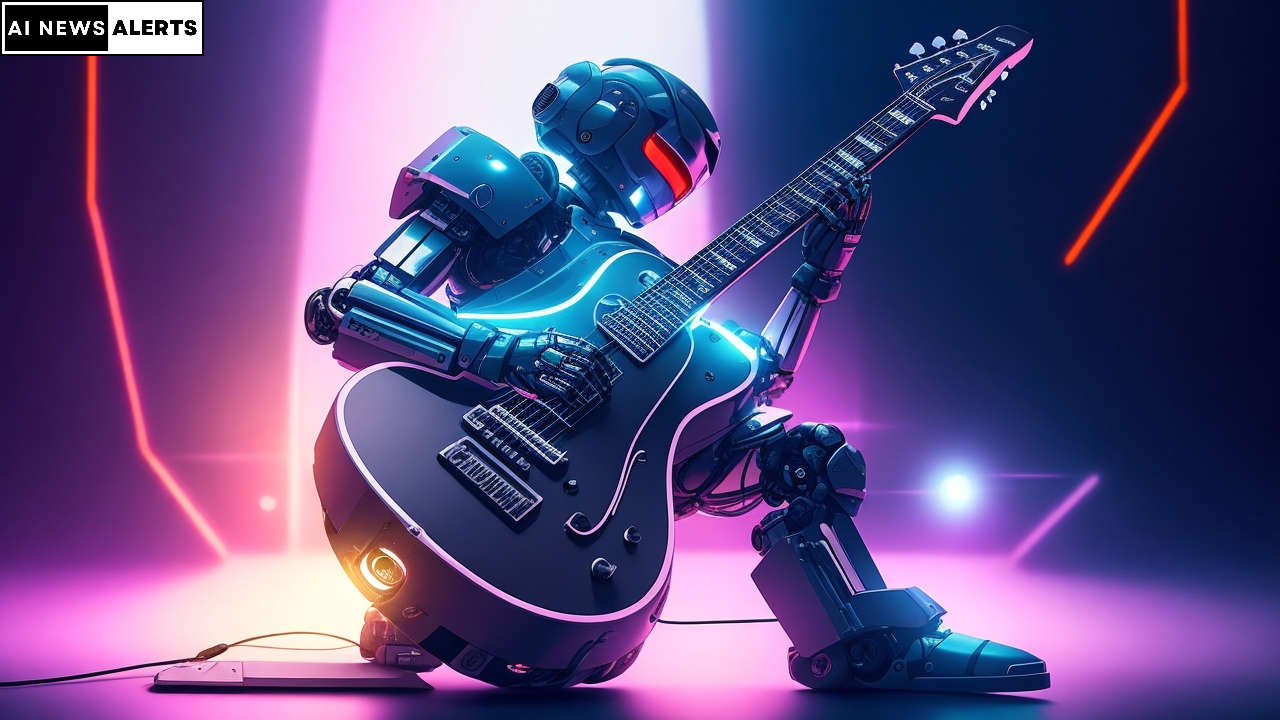The Recording Academy, responsible for the prestigious Grammy Awards, has updated its rules to allow the consideration of songs created with artificial intelligence. However, the Academy emphasized the importance of human authorship, stating that songs with a significant human component will be eligible. The revised guidelines specify that AI-generated works without human involvement are ineligible.
The changes come amidst the growing prevalence of AI-generated music and deep-faked tracks. David Guetta surprised fans with an Eminem track this year, despite Eminem never recording it.
The rise of AI in music has also led to copyright concerns, with Universal Music Group reportedly requesting platforms like Spotify and Apple Music to block AI software firms from using their songs for training purposes.
Sir Paul McCartney recently announced a forthcoming “Final Beatles record” with the help of AI and acclaimed director Peter Jackson. McCartney revealed that Jackson used AI to extract John Lennon’s voice from an old cassette containing Lennon’s vocals and a piano, demonstrating the potential of AI in music production.
While some welcome the rise of AI-generated songs, others express reservations. Don McLean, the songwriter of “American Pie,” believes computer-generated music can be as good as today’s hits.
However, Thomas Bangalter a former member of Daft Punk stated that the group aimed to convey emotions that machines cannot feel. And also mentioned that their stance aligns with prioritizing humanity over technology.
The Grammy rule changes reflect the evolving landscape of music creation. By requiring a meaningful human component in AI-assisted music, the Recording Academy aims to balance innovation with the preservation of human creativity.
As AI technology continues to advance, it will be more difficult to maintain a delicate equilibrium between human creativity and technological innovation in the music industry.
